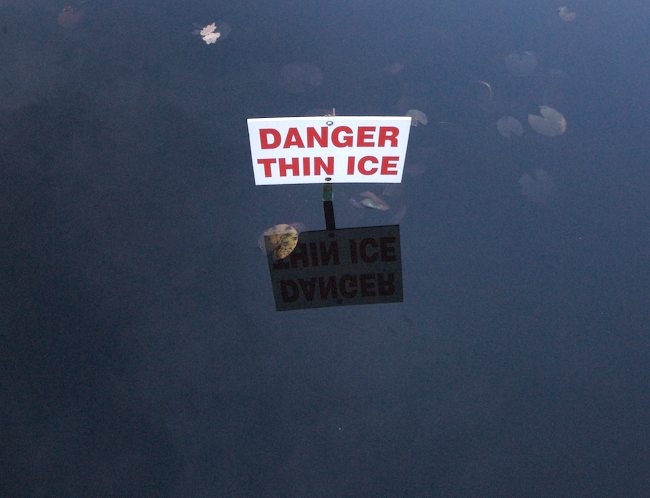An interesting angle on why the BBC is having technical difficulties, written by someone who seems to be a former BBC engineer.
The problem is that the BBC doesn’t control its own technical infrastructure. In an act of staggering short-sightedness it was outsourced to Siemens as part of a much wider divesting of the BBC Technology unit. In typical fashion for the BBC, they managed to select a technology supplier without internet operations experience. We can only assume that this must have seemed like an acceptable risk to the towering intellects running the BBC at the time. Certainly the staff at ground level knew what this meant, and resigned en masse.
Several years later this puts the BBC in the unenviable situation of having an incumbent technology supplier which takes a least-possible-effort approach to running the BBC’s internet services. In my time at the BBC, critical operational tasks were known to take days or even weeks despite a contractual service level promising four hour response times. Actual code changes for deploying new applications were known to take months. An upgrade to provide less than a dozen Linux boxes for additional server capacity – a project that was over a year old when I joined the BBC – was still being debated by Siemens when I left, eighteen months later.
The BBC’s infrastructure is shockingly outdated, having changed only by fractions over the past decade. Over-priced Sun Enterprise servers running Solaris and Apache provide the front-end layer. This is round-robin load balanced, there’s no management of session state, no load-based connection pool. The front-end servers proxy to the application layer, which is a handful of Solaris machines running Perl 5.6 – a language that was superseded with the release of Perl 5.8 over five and a half years ago. Part of the reason for this is the bizarre insistence that any native modules or anything that can call code of any kind must be removed from the standard libraries and replaced with a neutered version of that library by a Siemens engineer.
Yes, that’s right, Siemens forks Perl to remove features that their engineers don’t like.
This means that developers working at the BBC might not be able to code against documented features or interfaces because Siemens can, at their sole discretion, remove or change code in the standard libraries of the sole programming language in use. It also means that patches to the language, and widely available modules from CPAN may be several major versions out of date – if they are available at all. The recent deployment of Template Toolkit to the BBC servers is one such example – Siemens took years and objected to this constantly, and when finally they assented to provide the single most popular template language for Perl, they removed all code execution functions from the language…
There are some interesting comments on the post.





